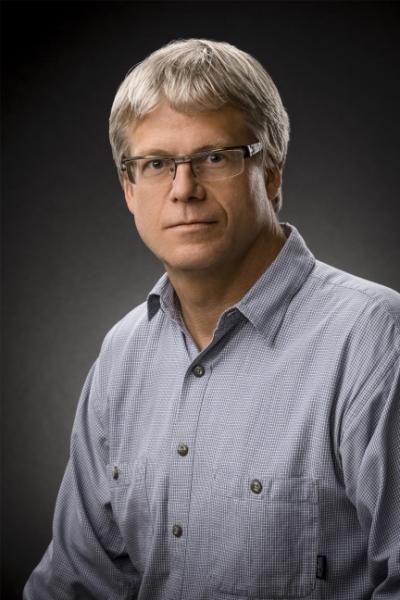Join us for a free one-day workshop for educators at the Japanese American National Museum, hosted by the USC U.S.-China Institute and the National Consortium for Teaching about Asia. This workshop will include a guided tour of the beloved exhibition Common Ground: The Heart of Community, slated to close permanently in January 2025. Following the tour, learn strategies for engaging students in the primary source artifacts, images, and documents found in JANM’s vast collection and discover classroom-ready resources to support teaching and learning about the Japanese American experience.
Webcast: The Myth of Chinese Capitalism
The USC U.S.-China institute presents a webcast with award-winning journalist Dexter Roberts. His new book explores the reality behind today’s financially-ascendant China and pulls the curtain back on how the Chinese manufacturing machine is actually powered.

Click here to watch a recording of the webcast.
Dexter Roberts lived in Beijing for two decades working as a reporter on economics, business and politics for Bloomberg Businessweek. In The Myth of Chinese Capitalism, Roberts explores the reality behind today’s financially-ascendant China and pulls the curtain back on how the Chinese manufacturing machine is actually powered.
 He focuses on two places: the village of Binghuacun in the province of Guizhou, one of China’s poorest regions that sends the highest proportion of its youth away to become migrants; and Dongguan, China’s most infamous factory town located in Guangdong, home to both the largest number of migrant workers and the country’s biggest manufacturing base.
He focuses on two places: the village of Binghuacun in the province of Guizhou, one of China’s poorest regions that sends the highest proportion of its youth away to become migrants; and Dongguan, China’s most infamous factory town located in Guangdong, home to both the largest number of migrant workers and the country’s biggest manufacturing base.
Within these two towns and the people that move between them, Roberts focuses on the story of the Mo family, former farmers-turned-migrant-workers who are struggling to make a living in a fast-changing country that relegates one-half of its people to second-class status via household registration, land tenure policies and inequality in education and health care systems.
In The Myth of Chinese Capitalism, Dexter Roberts brings to life the problems that China and its people face today as they attempt to overcome a divisive system that poses a serious challenge to the country’s future development. In so doing, Roberts paints a boot-on-the-ground cautionary picture of China for a world now held in its financial thrall.
Featured Articles
Please join us for the Grad Mixer! Hosted by USC Annenberg Office of International Affairs, Enjoy food, drink and conversation with fellow students across USC Annenberg. Graduate students from any field are welcome to join, so it is a great opportunity to meet fellow students with IR/foreign policy-related research topics and interests.
RSVP link: https://forms.gle/1zer188RE9dCS6Ho6
Events
Hosted by USC Annenberg Office of International Affairs, enjoy food, drink and conversation with fellow international students.
Join us for an in-person conversation on Thursday, November 7th at 4pm with author David M. Lampton as he discusses his new book, Living U.S.-China Relations: From Cold War to Cold War. The book examines the history of U.S.-China relations across eight U.S. presidential administrations.



 Dexter Tiff Roberts is an award-winning journalist and speaker now serving as a Fellow at the University of Montana's Maureen and Mike Mansfield Center. He is a regular commentator on the U.S.-China trade and political relationship. Previously he was China bureau chief and Asia News Editor at Bloomberg Businessweek, based in Beijing for more than two decades.
Dexter Tiff Roberts is an award-winning journalist and speaker now serving as a Fellow at the University of Montana's Maureen and Mike Mansfield Center. He is a regular commentator on the U.S.-China trade and political relationship. Previously he was China bureau chief and Asia News Editor at Bloomberg Businessweek, based in Beijing for more than two decades.
